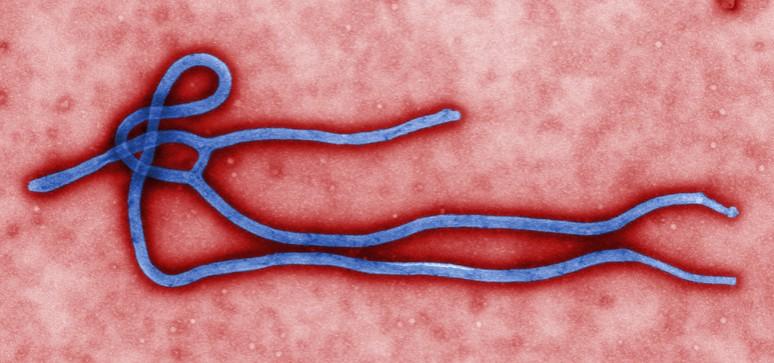
Researchers have discovered a human protein that helps in fighting the Ebola virus.
In the study, the team from Northwestern University used mass spectrometry -- a technique that identifies specific elements in a sample by mass -- to search for interactions between human proteins and Ebola virus proteins.
They found strong evidence for an interaction between the Ebola virus protein VP30 and the human protein RBBP6, Xinhua news agency reported on Thursday.
The results were published in the journal Cell.
Further, structural and computational analysis narrowed the interaction down to a small, 23-amino acid-long peptide chain. This small group of amino acids alone is sufficient to disrupt the Ebola virus life cycle.
"If you take that peptide and put it into human cells, you can block Ebola virus infection," said co-lead author Judd Hultquist, assistant professor of medicine in the division of infectious disease at Northwestern University Feinberg School of Medicine.
"Conversely, when you remove the RBBP6 protein from human cells, Ebola virus replicates much faster.
"This is a key interaction," said Nevan Krogan, a senior author of the study and a professor of cellular and molecular pharmacology at the University of California, San Francisco (UCSF).
"The question is whether we can manipulate it in an effective pharmacological way for it to have therapeutic value."
"What we envision is a small molecule drug that mimics this human protein and could be used in response to an Ebola virus outbreak," said Hultquist.









